YouTube Isn’t Liable for User Uploads of Animal Abuse Videos–Lady Freethinker v. YouTube
Technology & Marketing Law Blog
JUNE 4, 2024
Thus, Lady Freethinker sued YouTube for breach of contract and related claims. (A AOL from 2003, a case I still include in my Internet Law casebook. Indeed, the court agrees that “section 230 does not necessarily provide immunity for all contract-based causes of action.” ” [Discussing Cross v. .”

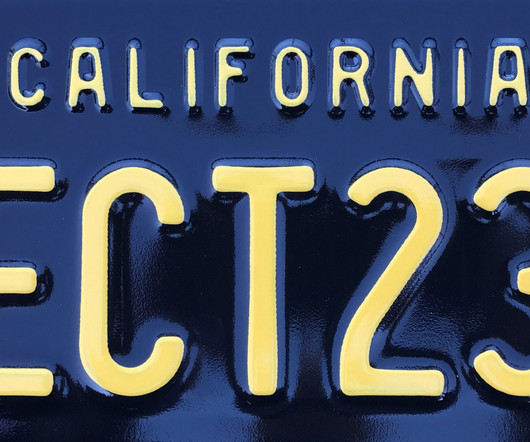


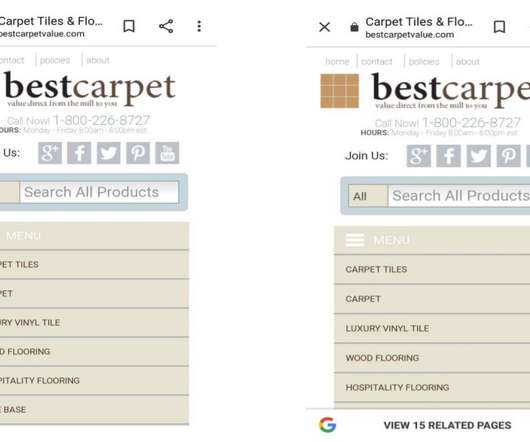



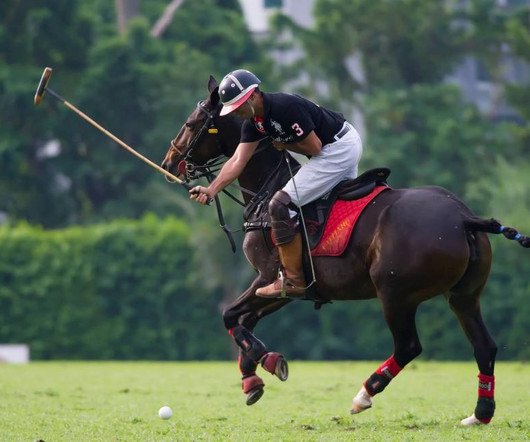



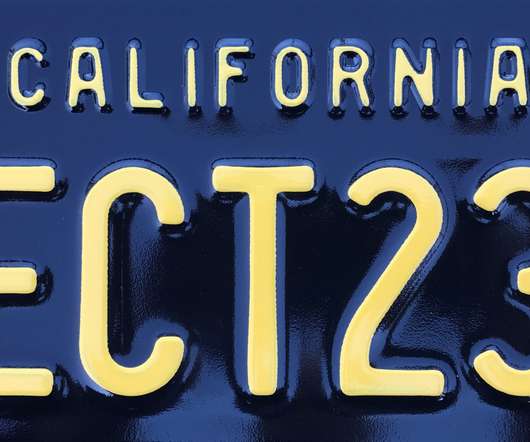

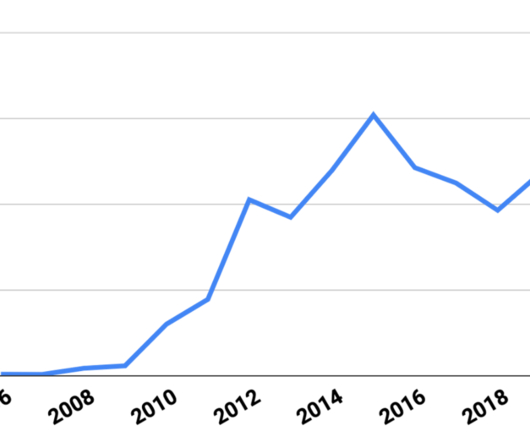








Let's personalize your content